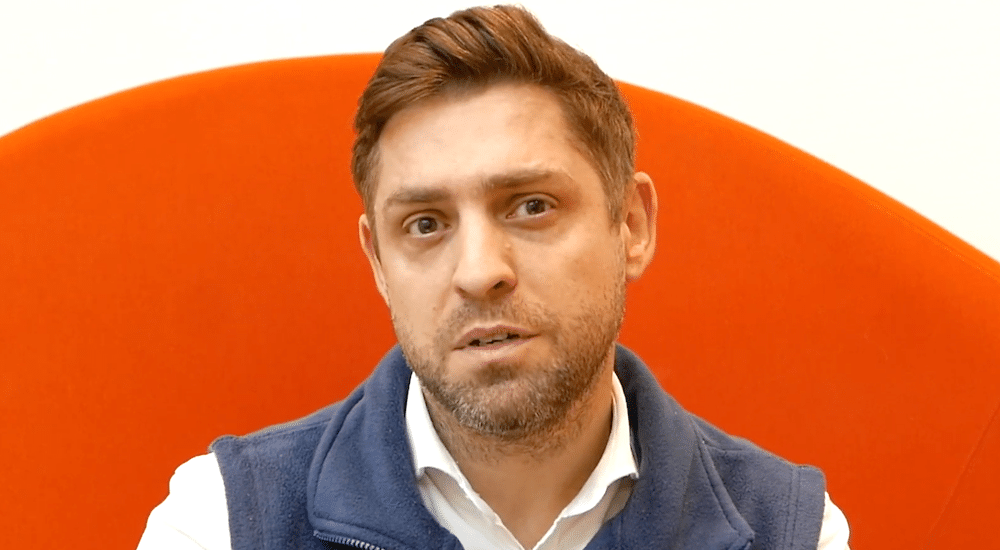A new potential drug to prevent cisplatin- or noise-induced hearing loss
Study
A study has found that noise- or drug-induced hearing loss may be prevented before it occurs using a drug to inhibit an enzyme called cyclin-dependent kinase 2 (CDK2).

). Information platform Howstuffworks.com featured the study results in a recent article.
The study was carried out by Dr Jian Zuo and colleagues from St. Jude Children’s Research Hospital in Memphis, Tennessee (USA). Dr Zuo heads up the Department of Developmental Neurobiology at the center.
Dr Zuo’s research team screened some 4,385 small molecules in a cochlear cell line and identified 10 compounds that protected against cisplatin-related toxicity in mouse cochlear explants. The team found a particularly interesting compound called kenpaullone. Kenpaullone is an inhibitor of multiple kinases, including cyclin-dependent kinase 2 (CDK2), and protected zebrafish lateral-line neuromasts from cisplatin toxicity. Importantly, when delivered locally, the substance protected adult mice and rats against cisplatin- and noise-induced hearing loss.
The team concludes that these compounds may be promising therapeutics for preventing hearing loss. Further research will be needed to confirm the results and then potentially consider clinical applications. “The robust protection conferred by one-time local delivery of kenpaullone suggests that CDK2 inhibitors may transform the clinical prevention and treatment of cisplatin- and noise-induced hearing loss in patients,” said Dr Zuo.
Source: Howstuffworks.com; Teitz T, et al. CDK2 inhibitors as candidate therapeutics for cisplatin- and noise-induced hearing loss. Journal of Experimental Medicine 2018 Mar 7.
 Sign in
Sign in

